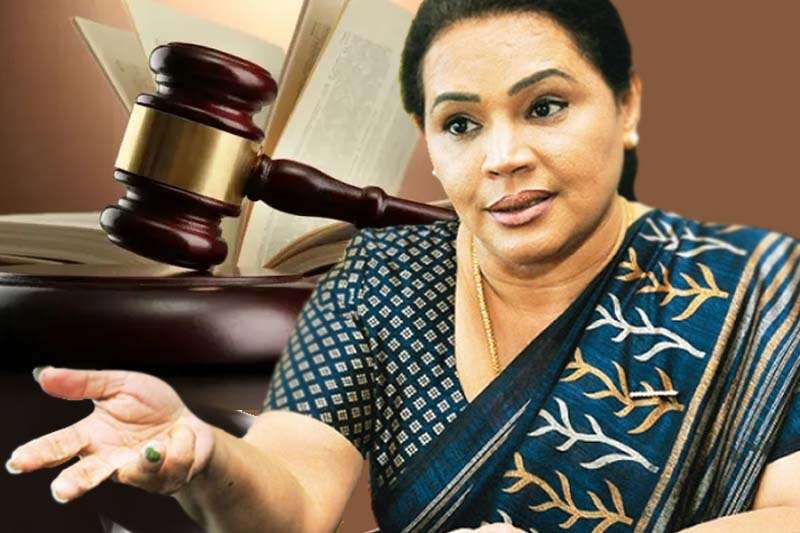The Court’s ruling, delivered, follows a writ filed asserting that Gamage’s citizenship status rendered her ineligible for parliamentary office. The case revolved around allegations that Gamage had acquired British citizenship, raising doubts about her Sri Lankan citizenship status, a prerequisite for holding a seat in Parliament.
The judgment emphasized that Gamage failed to sufficiently demonstrate that she had resumed Sri Lankan citizenship after acquiring British nationality, a crucial factor under Sri Lankan citizenship laws and constitutional requirements for MPs.
The court’s decision involved the dismissal of certain preliminary objections raised during the case, affirming the writ’s merit and ruling in favor of the appellant. This ruling underscores the judiciary’s role in upholding constitutional principles and ensuring the integrity of public office.
In response to the court’s decision, Gamage faces disqualification as an MP pending the issuance of the writ. The ruling has significant implications for parliamentary representation, prompting further legal scrutiny of parliamentary eligibility criteria and reinforcing accountability within the nation’s legislative framework.
The issuance of the writ marks a critical legal development, with potential repercussions for other lawmakers facing similar citizenship issues. The decision underscores the importance of upholding legal standards and ensuring transparency in public office.


